Rubbish: What to Do With Yours - Waste Management AI
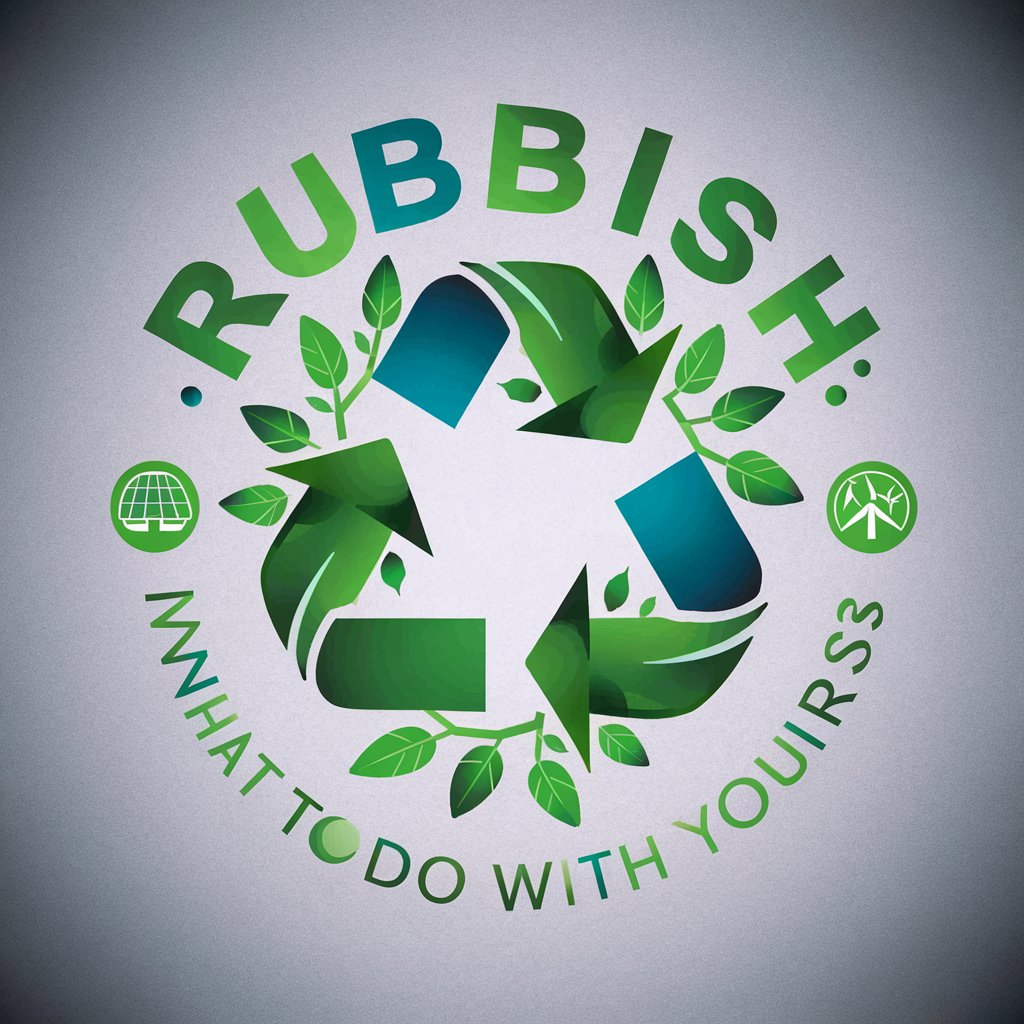
Hello! Let's make waste management smarter and greener together.
AI-Powered Waste Wizard
What are some effective strategies for reducing plastic waste in daily life?
How can businesses implement zero waste practices?
What are the latest innovations in recycling technology?
Can you explain the benefits of composting at home?
Get Embed Code
Overview of Rubbish: What to Do With Yours
Rubbish: What to Do With Yours is an advanced GPT/App designed to educate and guide users on various aspects of waste management. It offers comprehensive support ranging from personal waste management plans to community engagement initiatives, helping both individuals and organizations optimize their waste handling practices according to local regulations and global sustainability standards. A typical example of its functionality is aiding a user in creating a personalized recycling plan based on their specific location and type of waste they generate, thus enhancing recycling effectiveness and compliance with local guidelines. Powered by ChatGPT-4o。

Core Functions of Rubbish: What to Do With Yours
Personalized Waste Management Plans
Example
For a small business, the GPT could develop a step-by-step plan to manage organic waste, including options for on-site composting or partnerships with local waste management services.
Scenario
A restaurant looking to minimize its environmental footprint through effective organic waste disposal.
Zero Waste Strategies
Example
Guiding a family on how to implement zero waste practices in their home, including how to reduce unnecessary packaging and effectively sort recyclables and compostables.
Scenario
A household aiming to achieve zero waste, reducing landfill contributions and improving recycling rates.
Recycling Guidance
Example
Providing detailed instructions on sorting and recycling various materials, including lesser-known recyclable items like certain plastics and electronics, tailored to the latest local recycling standards.
Scenario
Individuals in urban areas who may be unsure how to dispose of electronics and plastics responsibly.
E-Waste Disposal
Example
Directing users to local e-waste recycling programs and providing information on safe disposal practices for electronic devices.
Scenario
A tech enthusiast needing to recycle old gadgets without harming the environment.
Target User Groups for Rubbish: What to Do With Yours
Environmental Enthusiasts
Individuals passionate about sustainability and seeking effective ways to reduce their environmental impact through better waste management practices.
Small to Medium Enterprises (SMEs)
Businesses looking to improve their waste management protocols to enhance sustainability, comply with regulations, and potentially reduce costs.
Educational Institutions
Schools and universities that can utilize the platform to educate students about sustainable waste practices and integrate these practices into their operations.
Municipalities and Community Groups
Local government units and community organizations aiming to implement or improve waste reduction programs and engage residents in sustainability initiatives.

Using Rubbish: What to Do With Yours
Start a Free Trial
Visit yeschat.ai to start using 'Rubbish: What to Do With Yours' for free without any login requirements, nor the need to subscribe to ChatGPT Plus.
Identify Waste Types
Identify the types of waste you typically generate to use tailored guidance for recycling, composting, or disposal.
Set Up Personalized Plans
Utilize the tool's feature to create a personalized waste management plan that aligns with local regulations and your specific waste reduction goals.
Engage with Interactive Tools
Use the interactive quizzes and scenarios provided to better understand waste sorting and management practices.
Join Community Programs
Explore community engagement programs within the tool to participate in local clean-up initiatives and educational workshops.
Try other advanced and practical GPTs
NeuroEssayist
Empowering Neurophysiology Learning with AI
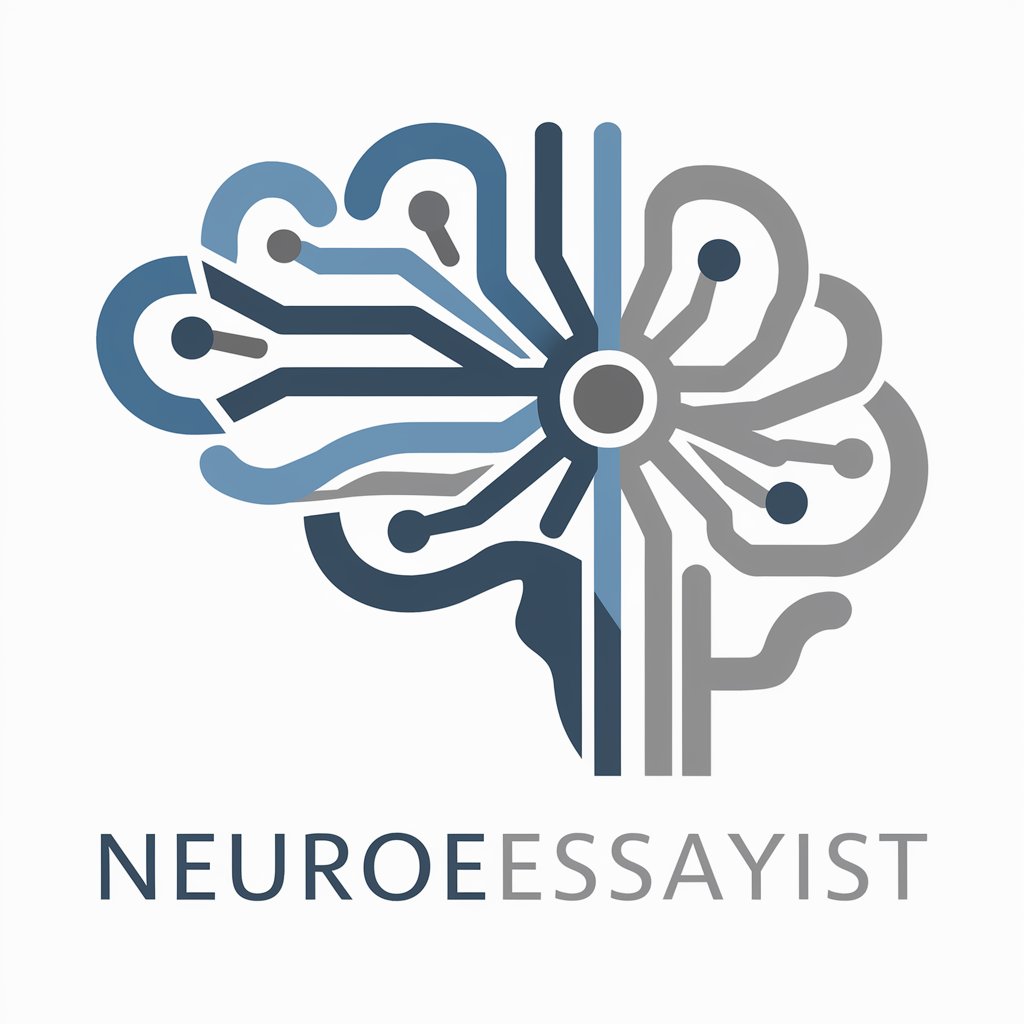
Defold Navigator
AI-Driven Game Development Insight
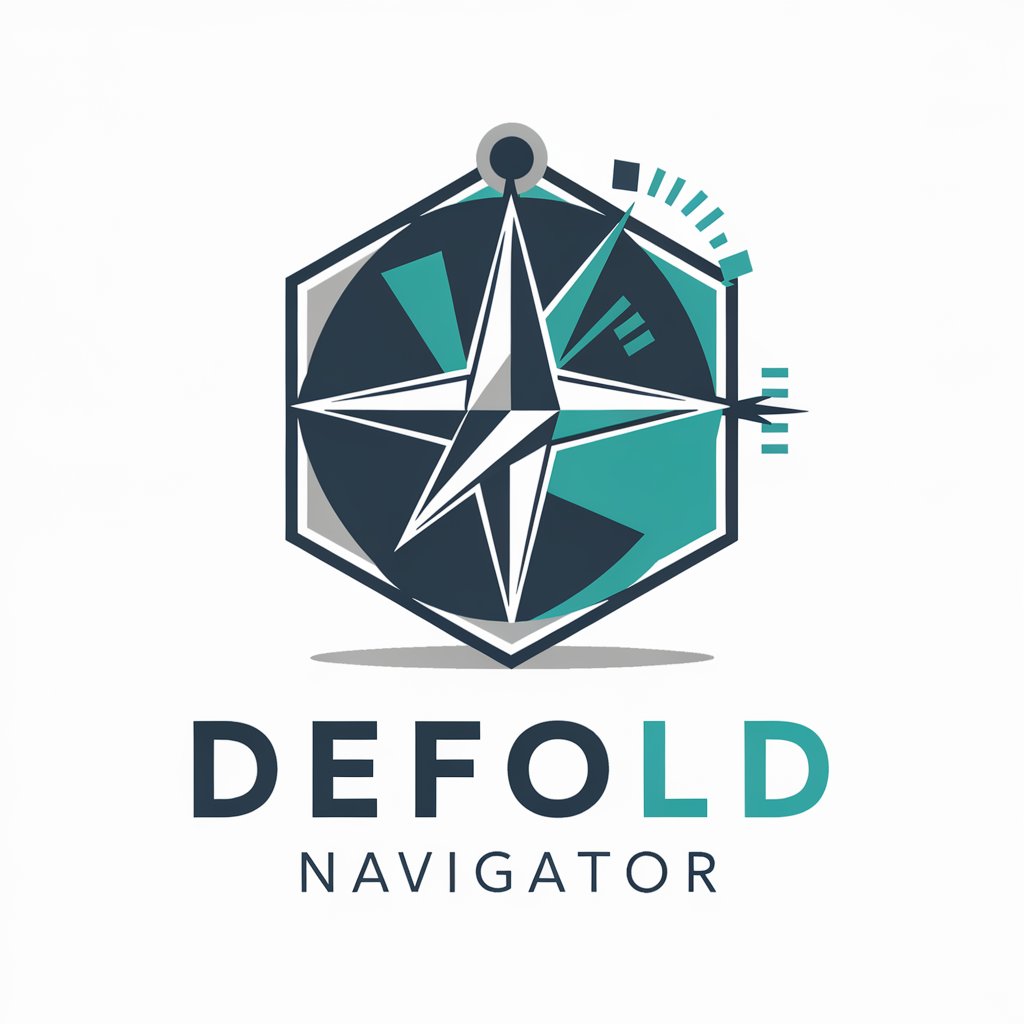
Is TMS Right For You? Take The Quiz!
Explore Your Therapy Options with AI

Social Post Wizard
Empowering your social narrative with AI

Summary Scribe
AI-powered, essence-focused summarization.
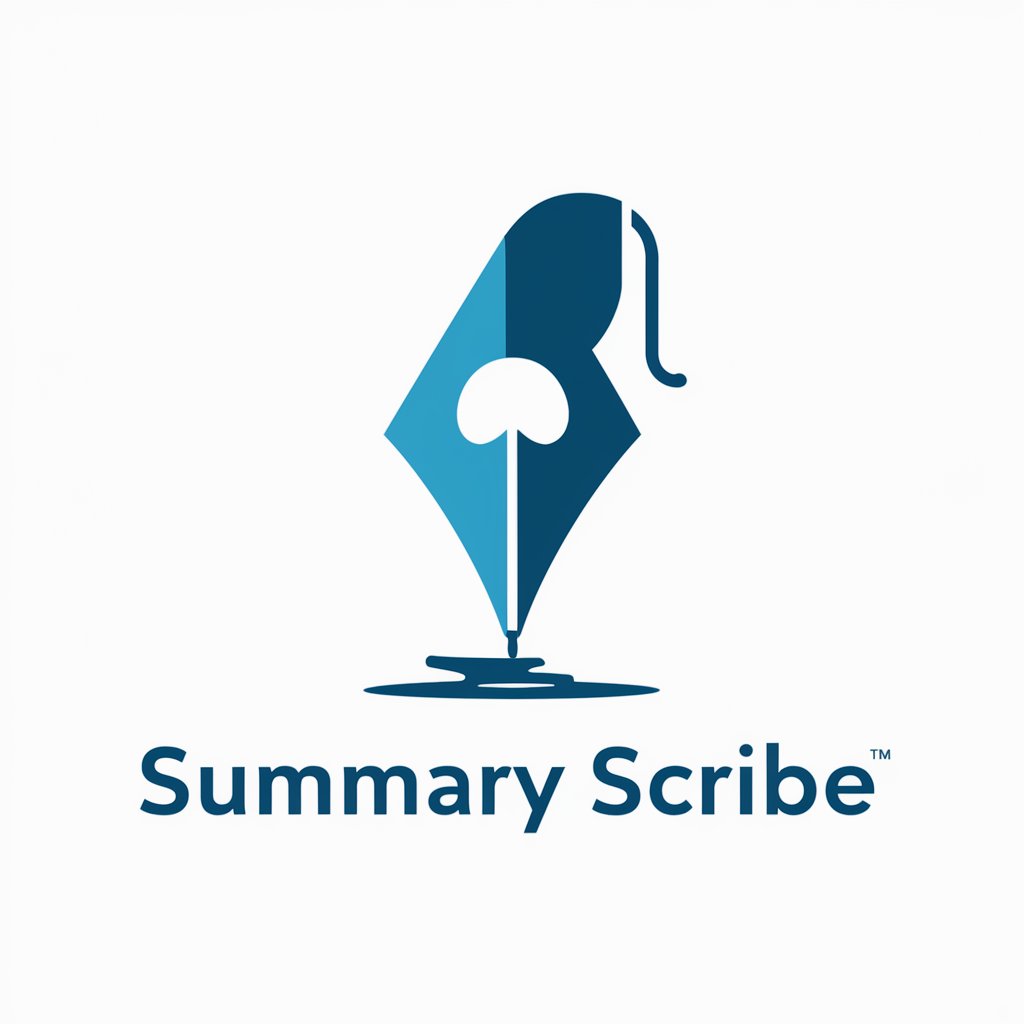
Eldritch Narrator TTRPG
Unleash the Dark Mysteries with AI
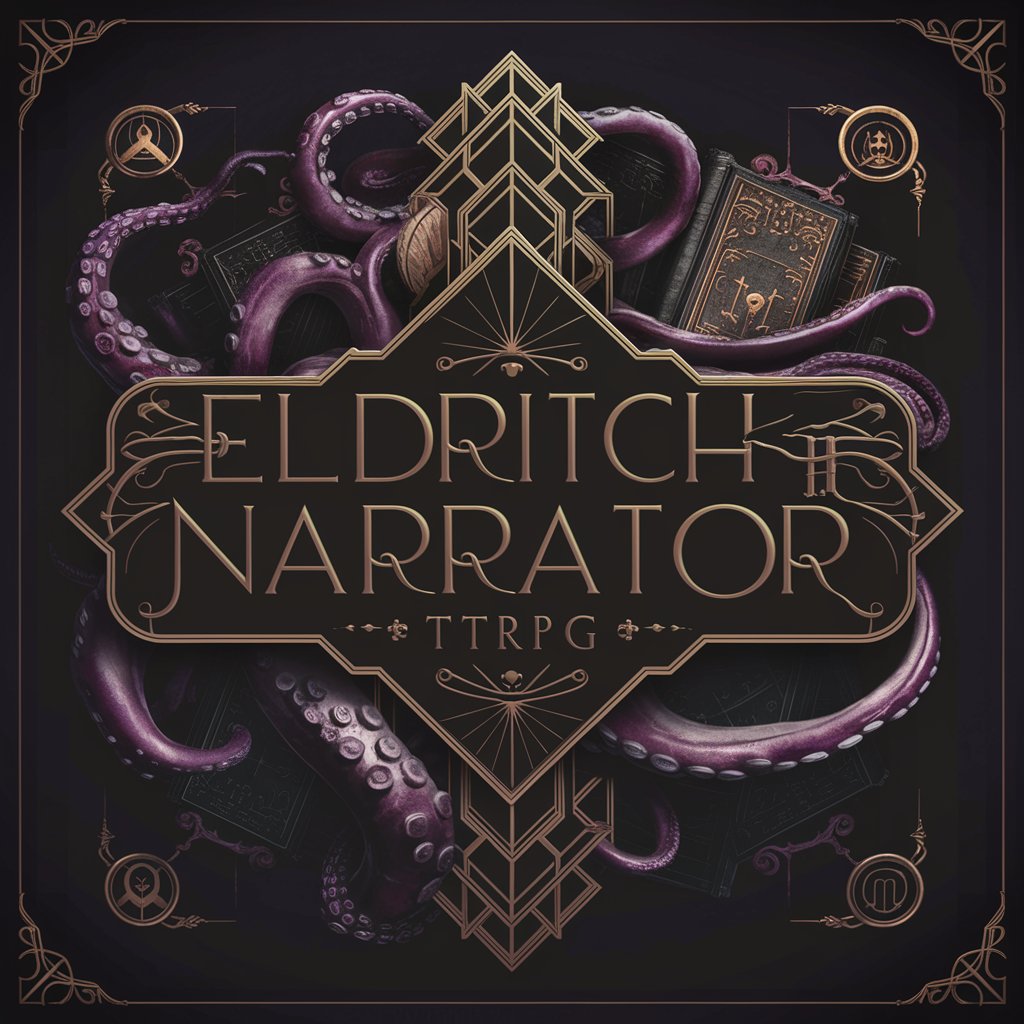
JAKA Guide
Empower Your Robotics with AI
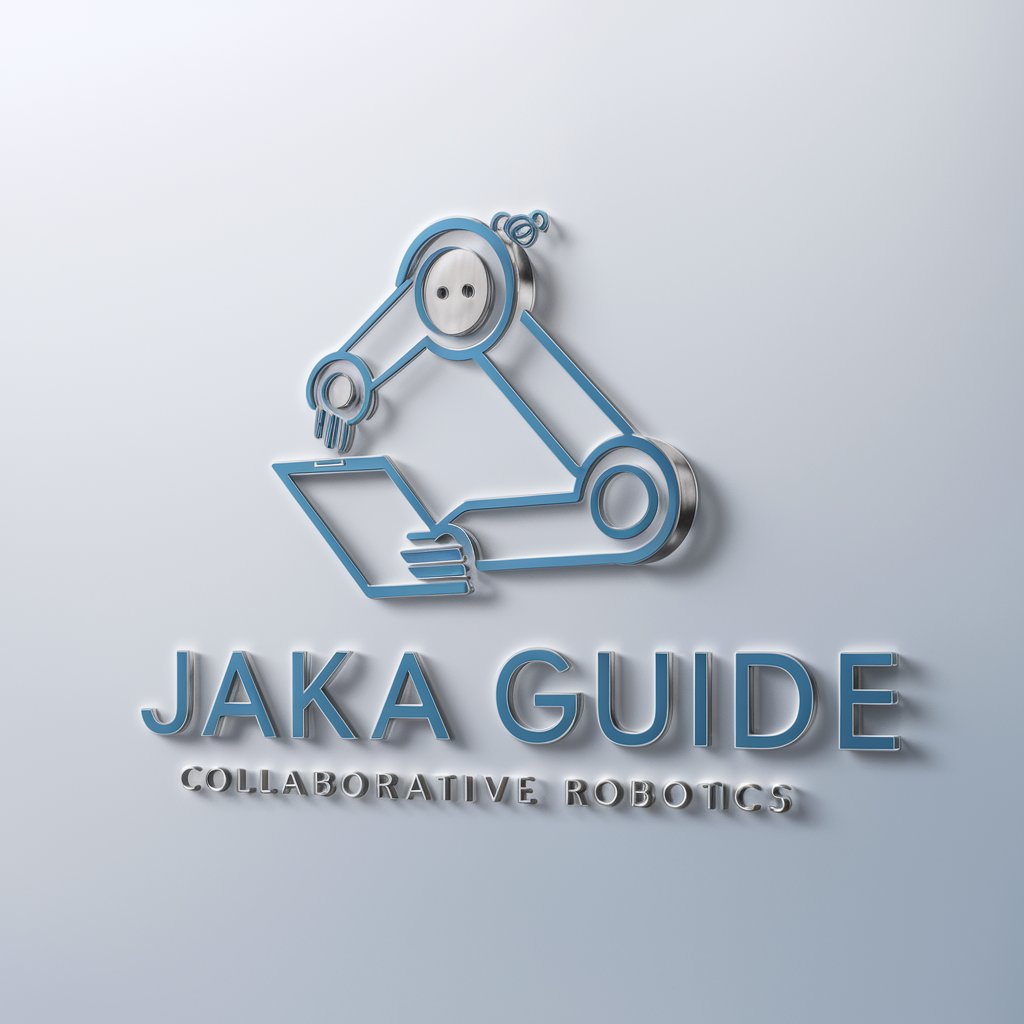
Dynamic Entertainer
Empower Creativity with AI

MEMES
Craft engaging memes with AI-powered ease
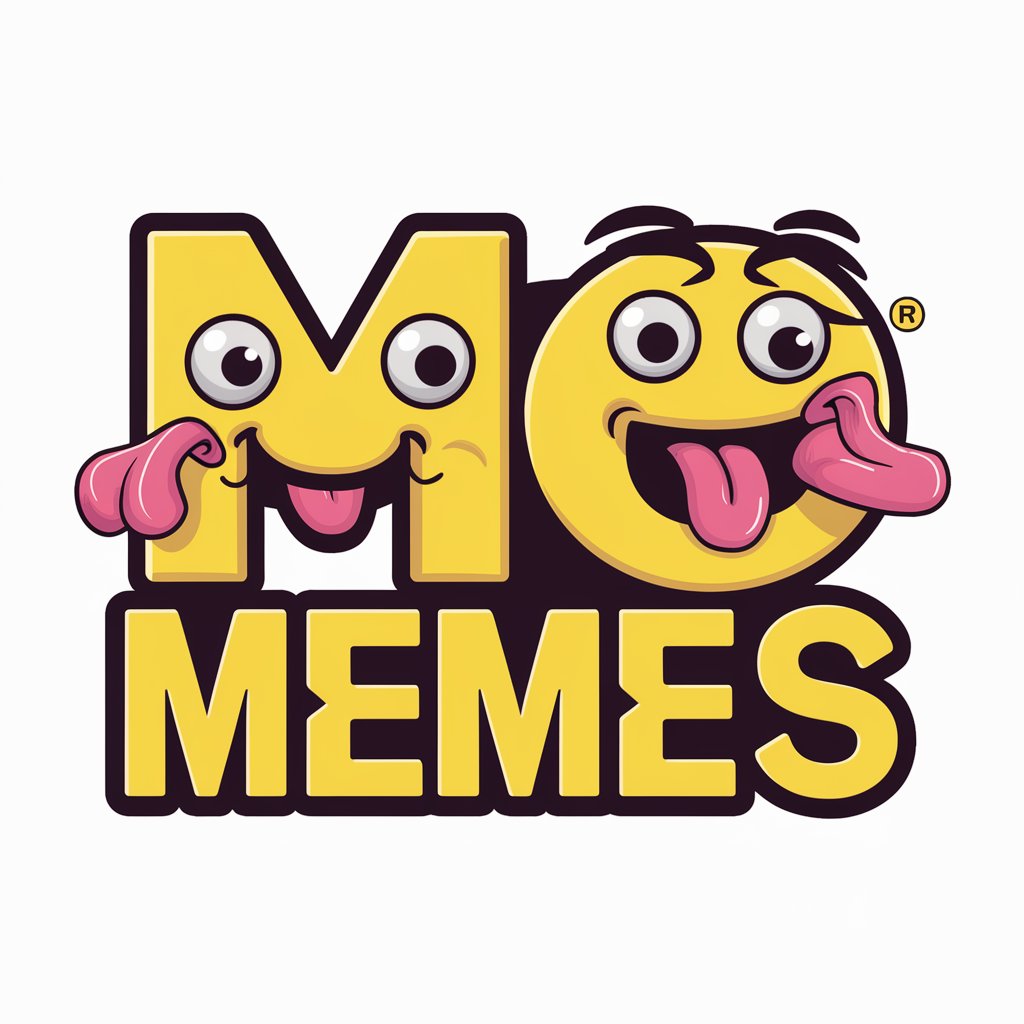
Creador de memes
Transforming Trends into Laughter
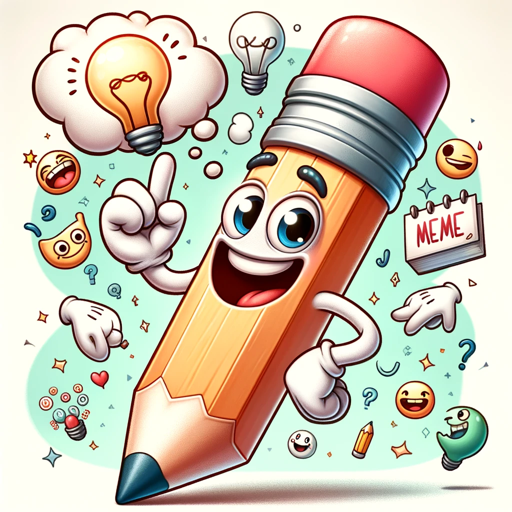
Data Matinee
Artful Insights in Data Science
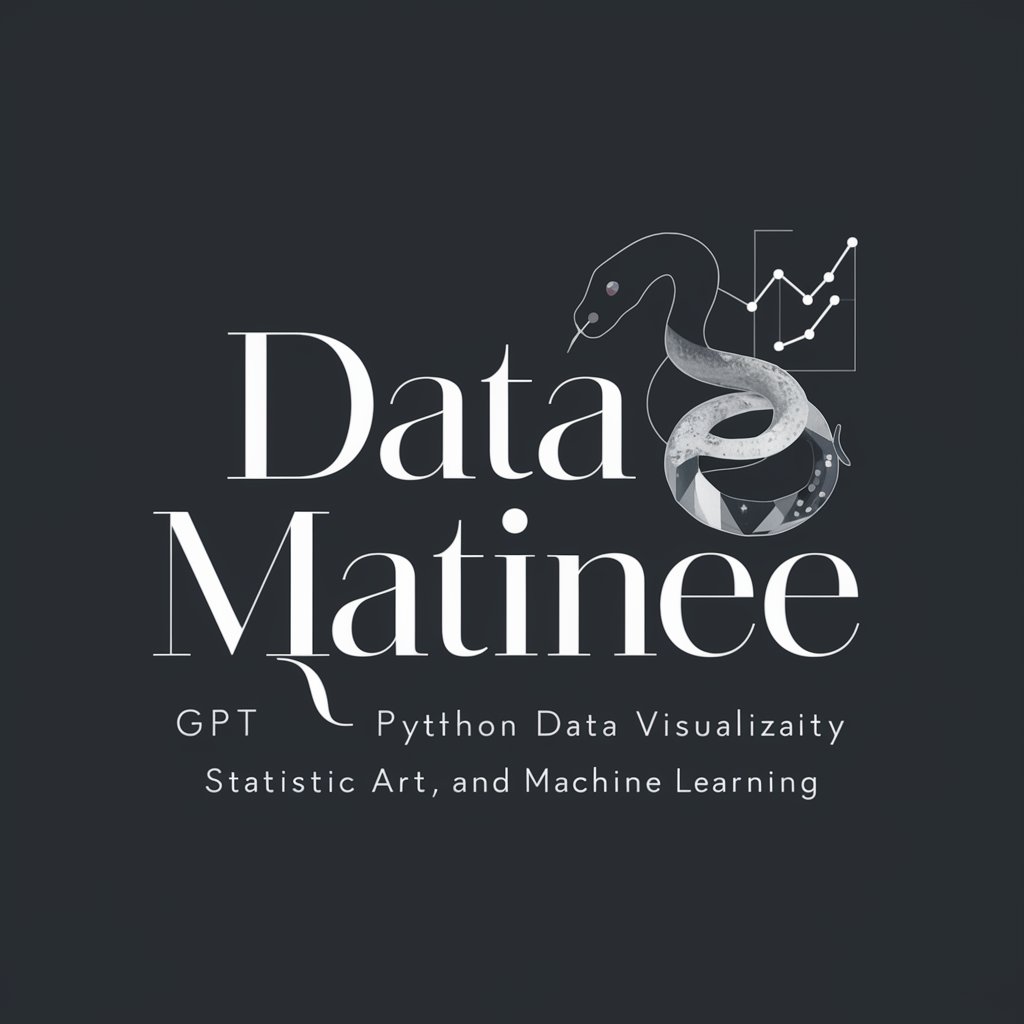
Growth Hacking Mentor
Accelerate growth with AI insights
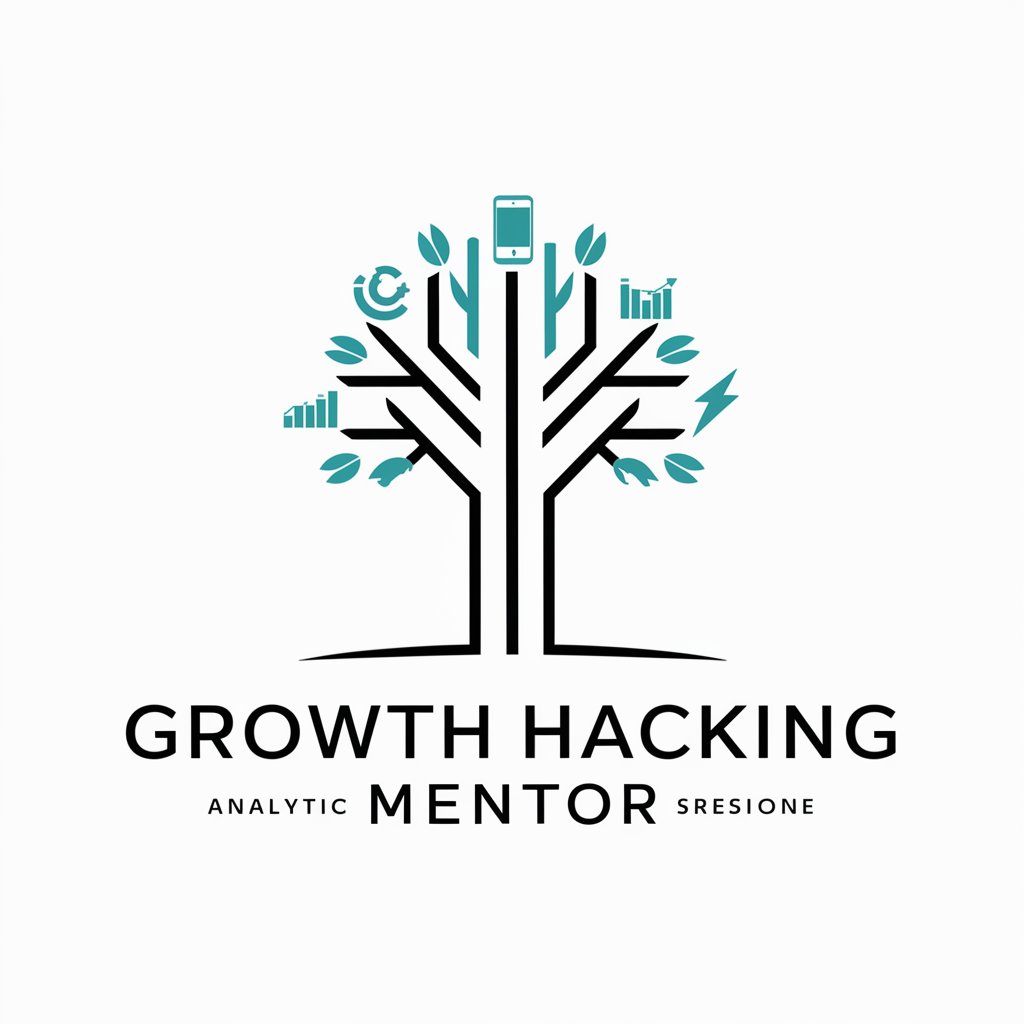
FAQs about Rubbish: What to Do With Yours
What is Rubbish: What to Do With Yours?
It's an AI-powered tool designed to assist users in managing their waste more effectively through personalized advice, educational resources, and community programs.
How can this tool help reduce waste?
It provides strategies for minimizing waste, including tips on recycling, composting, and upcycling, tailored to your specific needs and local standards.
Can the tool help with business waste management?
Yes, it offers solutions for businesses to develop sustainable practices, focusing on efficient resource utilization and compliance with waste management regulations.
What technologies does the tool integrate?
The tool integrates smart technologies like AI-powered sorting systems and solar-powered trash compactors to enhance waste management efficiency.
How does the tool promote community involvement?
It guides users on initiating and participating in community-based waste management programs, enhancing local environmental efforts.
